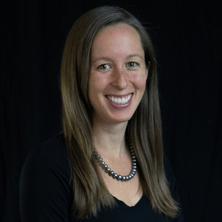Settler Colonialism, Structural Racism, and The Palestinian Right to Health Special Edition: A conversation with the Authors

Date and Time
December 14, 2022
12:00 pm - 1:30 pm
Event Details:
The Health and Human Rights Journal has recently published a special section on the Palestinian right to health aiming to explore the conceptual and material connections between settler colonialism, structural racism, and human rights approaches to Palestinian health. Please join the editors and authors as they engage in discussions on their paper contributions to this special edition.
Introductory Remarks:
Carmel Williams, PhD
Dr. Carmel Williams is the executive editor of Health and Human Rights, the FXB Center’s flagship publication. She has held this position since 2011. Dr. Williams holds a PhD in community health, with her thesis focusing on operationalizing the right to health in aid-funded programs. Her most recent research has focused on big data and the right to health, and inequality and social rights risks in digital economies.
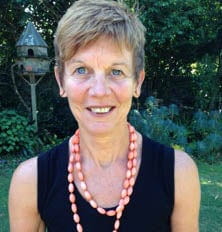
Moderator:
Osama Tanous, MD
Dr. Osama Tanous is a pediatrician and public health scholar based in Haifa, Israel. Osama is a 2020-2021 Hubert H. Humphrey fellow of public health and health policy at the Rollin School of Public Health, Emory University, Atlanta and a visiting research professor at UC Davis, Department of Public Health Sciences. He is a board member of Physicians for Human Rights – Israel and B’tselem, The Israeli information center for human rights in the occupied territories. Osama’s writings and work focus on the intersection of settler colonialism, state structural violence, and health.
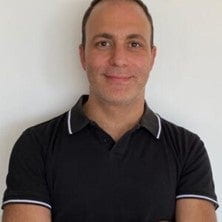
Panelists:
Ben Bouquet, PhD Candidate in Health and Human Rights
Ben Bouquet is a medical doctor specializing in public health, who has worked with the World Health Organization in Palestine for the past six years. He will be speaking as a PhD candidate in health and human rights at the Population Health Sciences Institute and School of Law at Newcastle University in the UK.
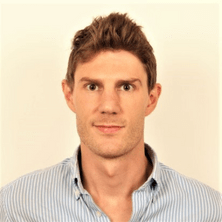
Maria Helbich, MSc
Maria Helbich, MSc, is a clinical psychotherapist (Psychodrama) from Vienna, Austria, specializing in gender-based violence and trauma. She has worked on gender and mental health for various international organizations in the Middle East/North Africa (MENA) region and is currently based in Palestine.
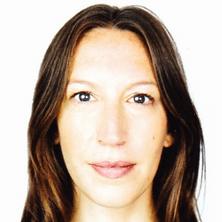
Ghada Majadli
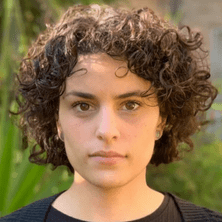
Razzan Quran, Doctoral Student in Psychodynamic Psychotherapy
Razzan Quran (she/they) is a Palestinian social justice organizer, psychologist and facilitator currently completing their doctorate degree in clinical psychology at George Washington University (GWU). Razzan is a co-founding member of the Psychoanalysis in the Arab World Lab at GWU the intention and orientation of which pertains to utilizing decolonial, and feminist praxis towards cultivating collective liberation and transformative justice in the mental health field. Razzan received their counseling training at the Palestine Counseling Center. Additionally, she held process therapy groups, parent groups and play therapy with Palestinian and Syrian refugees based in Beirut, Lebanon. Prior to this, Razzan was the Regional Organizer in the US South with United Students Against Sweatshops while completing studies in Memphis, TN.
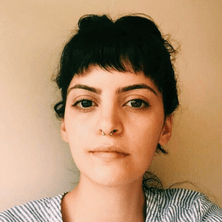
Emily Schneider, Assistant Professor of Criminology and Criminal Justice, Northern Arizona University
